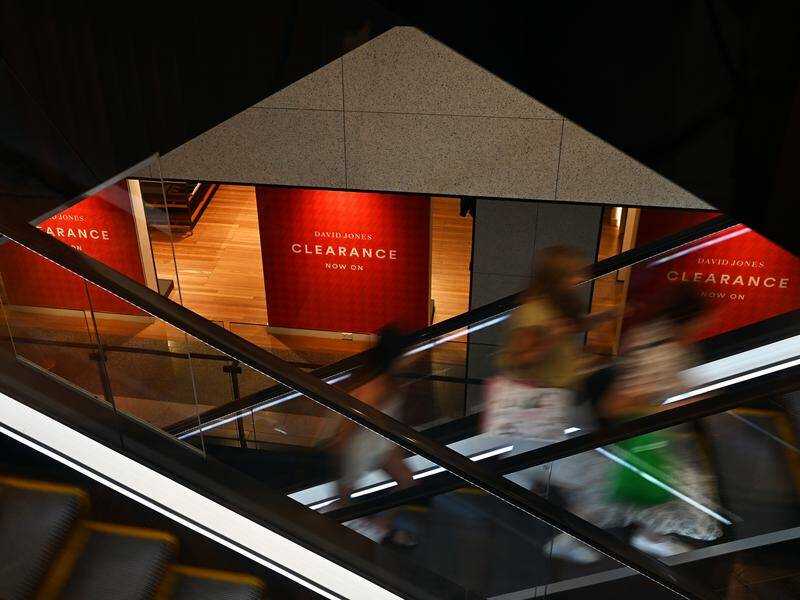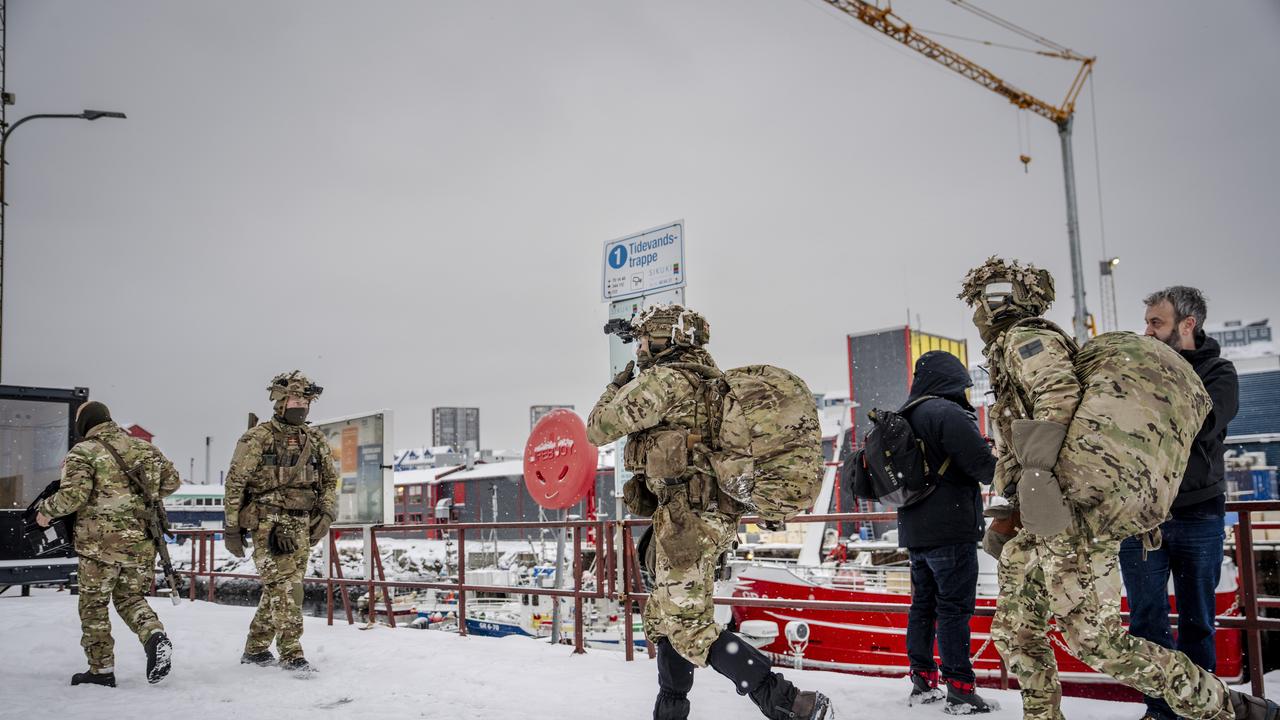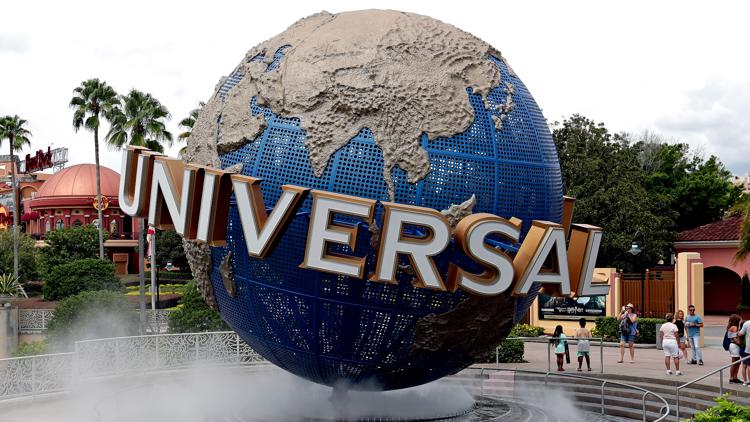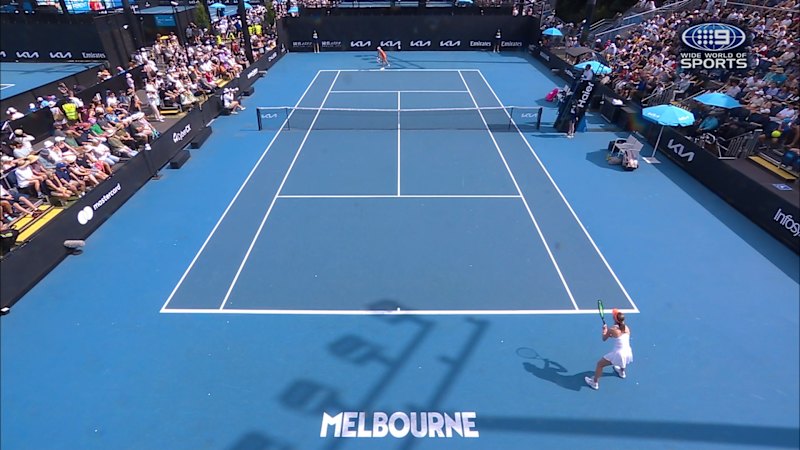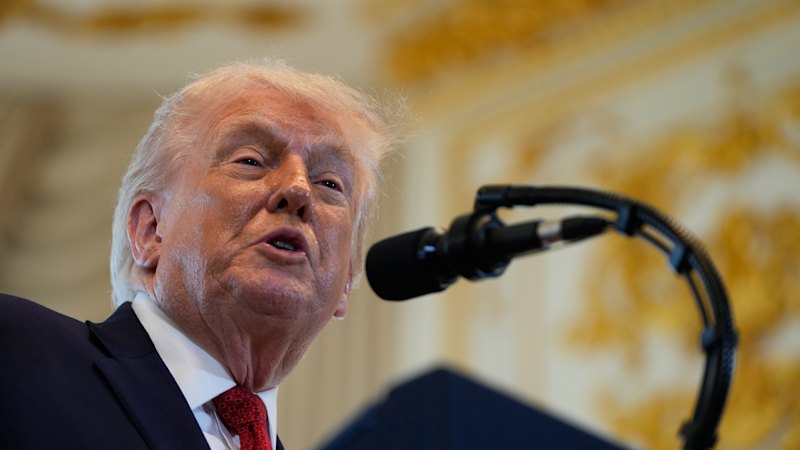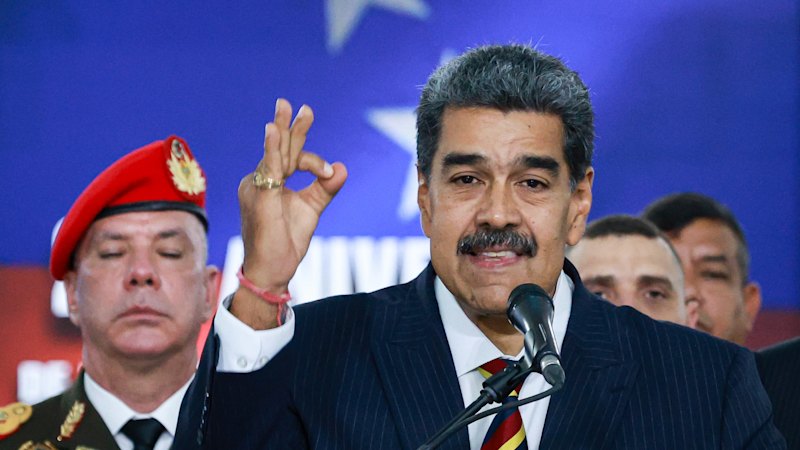
The Trump administration has officially authorized the CIA to conduct covert operations in Venezuela, intensifying efforts to challenge the regime of authoritarian leader Nicolás Maduro. This decision, confirmed by US officials, marks a significant escalation in the United States’ campaign against the Venezuelan government, which has faced increasing international criticism for its human rights abuses and economic mismanagement.
According to a statement made by President Donald Trump on March 15, 2024, the covert actions aim to dismantle Maduro’s government and address concerns over drug trafficking activities allegedly linked to Venezuelan officials. Trump indicated that the United States is also contemplating potential military strikes on Venezuelan territory, stating, “We are certainly looking at land now, because we’ve got the sea very well under control.” The President’s remarks followed a report by The New York Times regarding the covert authorizations.
The CIA’s expanded authority permits it to carry out lethal operations in Venezuela and conduct a range of activities in the Caribbean. This could involve targeting Maduro or his administration either independently or as part of broader military operations. While specific plans have not been disclosed, the US military is preparing for possible escalations, with options for Trump to consider, including strikes within Venezuela.
The US military presence in the region is considerable, with approximately 10,000 troops stationed in various locations, primarily in Puerto Rico. This includes a contingent of Marines on amphibious assault ships and eight surface warships along with a submarine operating in the Caribbean.
Venezuela has vehemently condemned Trump’s actions, describing his rhetoric as “bellicose” and accusing him of attempting to justify regime change for the purpose of seizing Venezuela’s oil resources. The Venezuelan government announced plans to bring the issue before the UN Security Council, labeling Trump’s maneuvers as “a grave violation of the UN charter.”
As diplomatic efforts stalled earlier this month due to Trump’s frustration with Maduro’s noncompliance with US demands, the administration has shifted towards more aggressive tactics. The CIA has historically collaborated with Latin American governments on security and intelligence but has not been authorized to engage in direct lethal operations until now.
The strategy to oust Maduro has been spearheaded by Secretary of State Marco Rubio with support from CIA Director John Ratcliffe. Ratcliffe has indicated a willingness to adopt a more aggressive stance for the agency, promising to make the CIA “less averse to risk.” During his confirmation hearing, he emphasized the need to conduct covert actions when directed by the President, stating the agency would “go places no one else can go and do things no one else can do.”
On the same day of Trump’s statement, he accused Venezuela of having “emptied their prisons into the United States.” This comment referenced claims that members of the Tren de Aragua prison gang, which originated in a Venezuelan prison, have been dispatched to the US to commit crimes. In March, Trump classified the gang as a terrorist organization, alleging it conducts irregular warfare against the United States under Maduro’s orders.
The developments in Venezuela signal a potential shift in US foreign policy, as the administration seeks to exert greater pressure on Maduro’s regime. The ramifications of these actions could further destabilize the region and escalate tensions between the United States and Venezuela, prompting a closer examination of international law and the principles of sovereignty.
